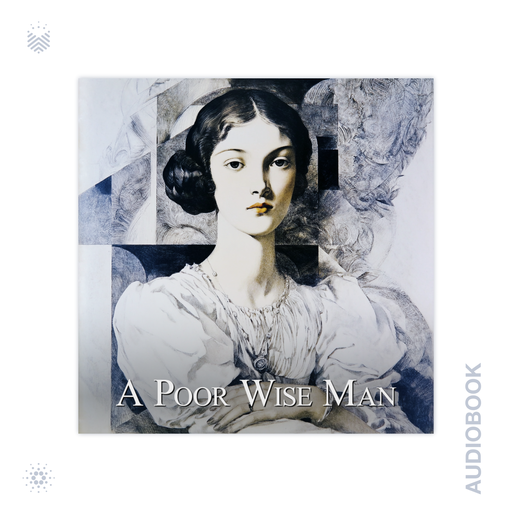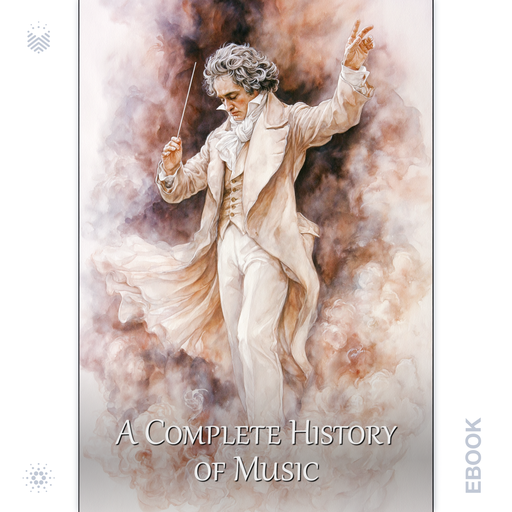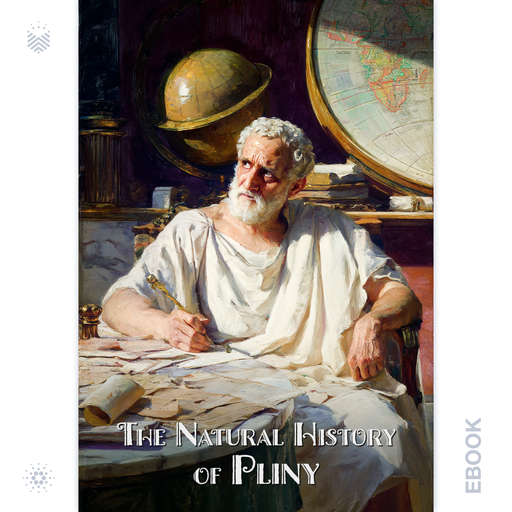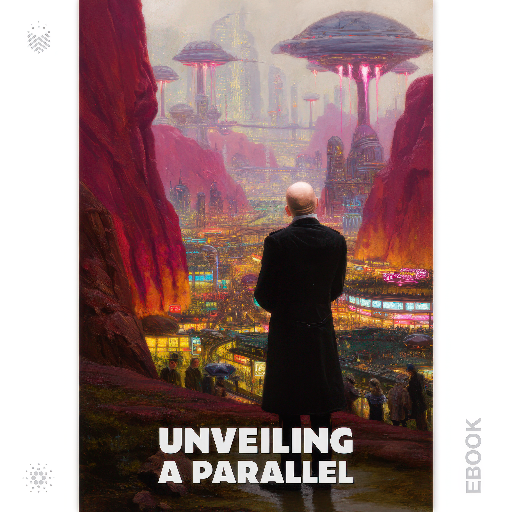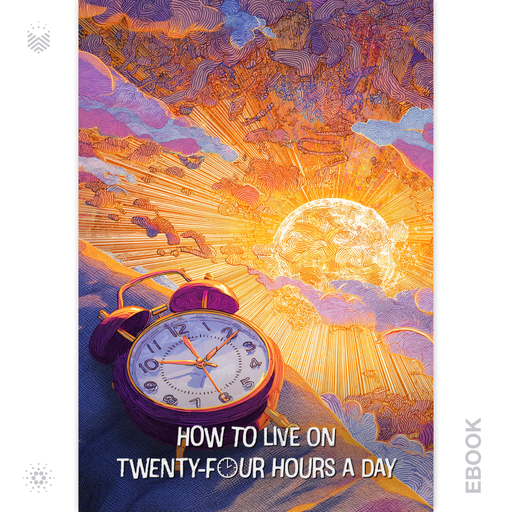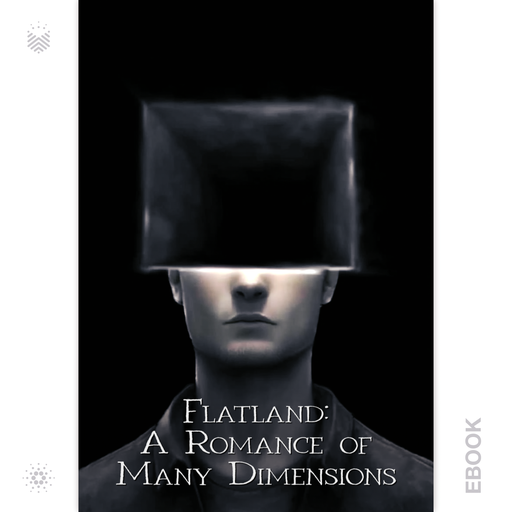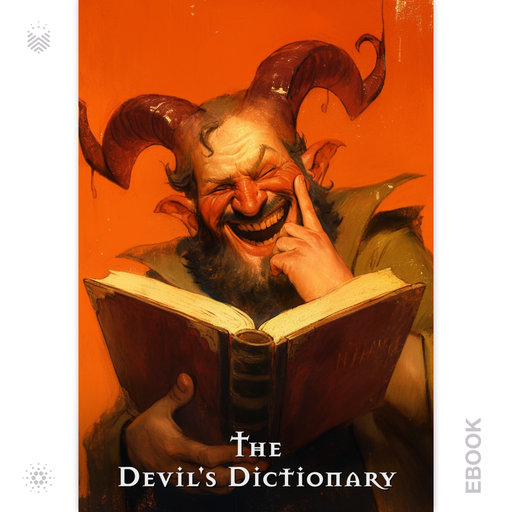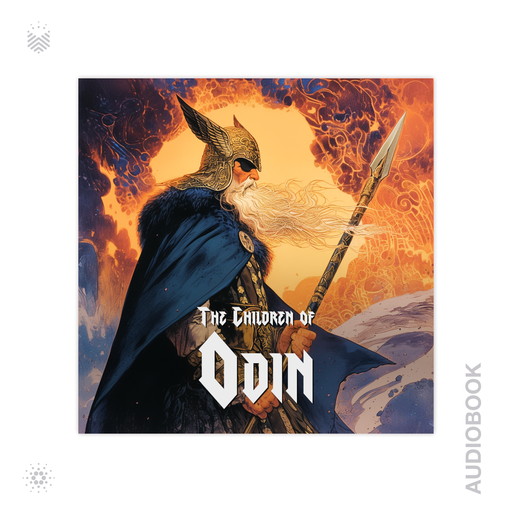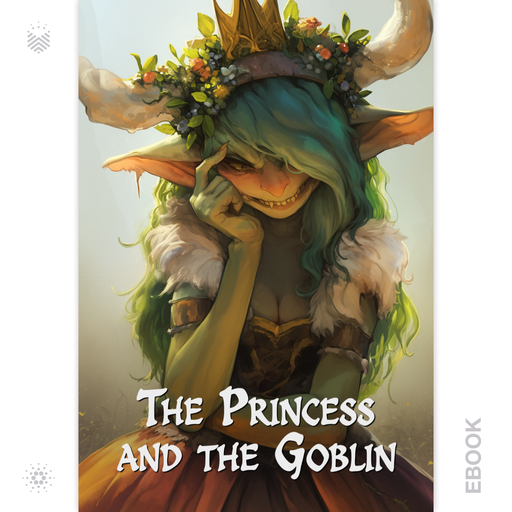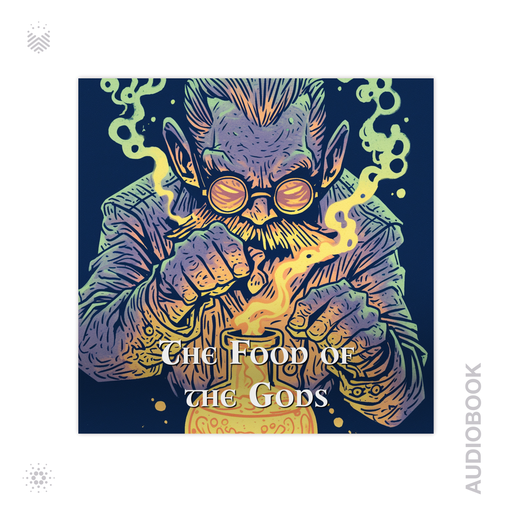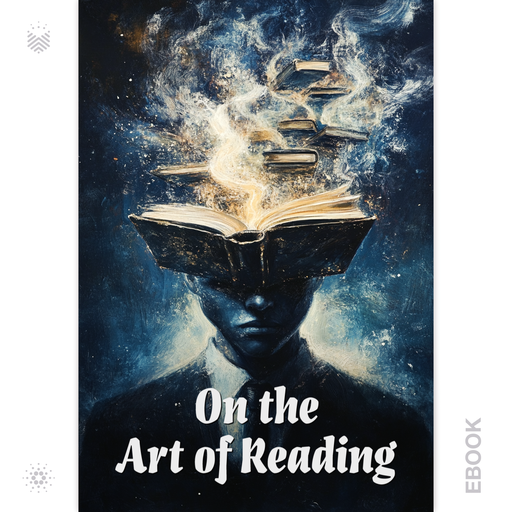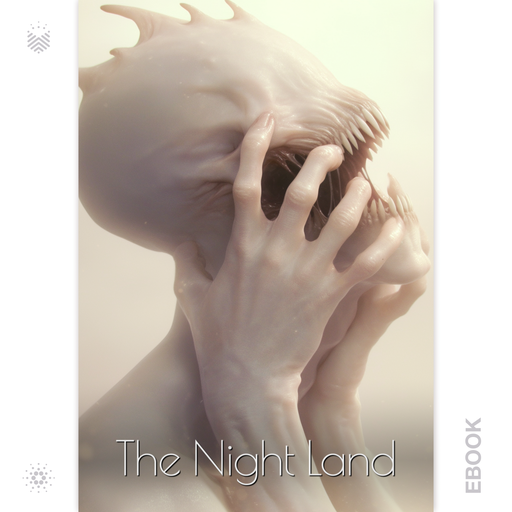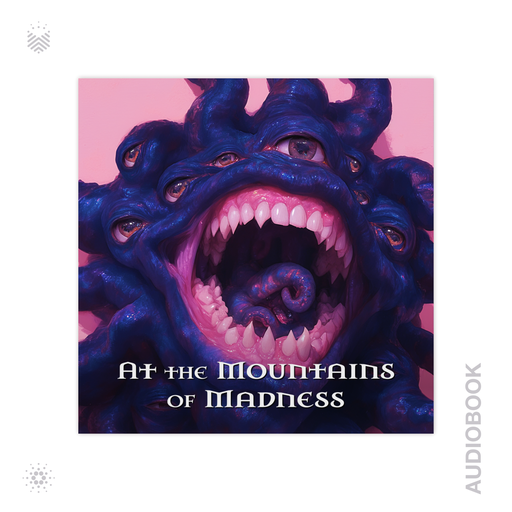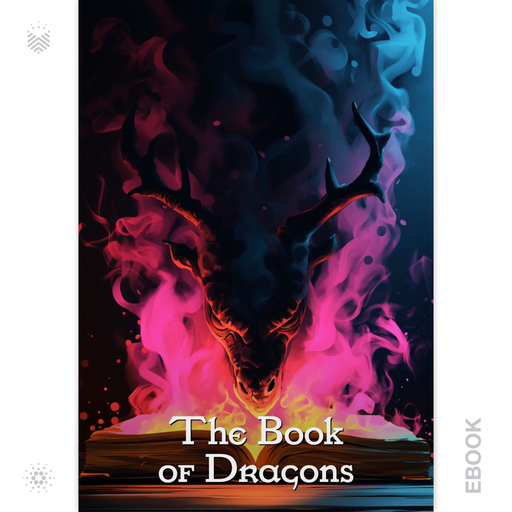by Mary Roberts Rinehart
Mary Roberts Rinehart’s 1920 novel, A Poor Wise Man, presents a compelling narrative that intertwines personal drama with the broader social and political upheavals of post-World War I America. The story centers on Lily Cardew, a young woman from a wealthy, conservative family, who finds herself drawn to the ideals of socialism and the working-class struggles of the time. Through Lily’s journey, Rinehart explores themes of class conflict, generational divides, and the search for pers… Read More
by W. J. Baltzell
W. J. Baltzell presents a comprehensive exploration of music’s evolution in A Complete History of Music, guiding readers through the development of musical forms, styles, and cultural contexts. This work serves as an educational resource, offering insights into the progression of music from its earliest beginnings to more contemporary expressions.
Read More
by Joseph Sheridan Le Fanu
Carmilla by J. Sheridan Le Fanu introduced readers to one of the earliest and most enduring vampire stories in English literature. Le Fanu used a gothic setting, eerie atmosphere, and a hauntingly mysterious relationship between two young women to explore fear, desire, and the supernatural. His novella shaped vampire fiction decades before Dracula emerged, and it remains a key influence in horror and queer literature today.
… Read More
by Anna Sewell
Black Beauty by Anna Sewell tells the story of a horse’s life through his own voice, creating an emotional and moral narrative that has moved readers for generations. Sewell aimed to inspire kindness and humane treatment of horses, using the animal’s perspective to highlight both compassion and cruelty in 19th-century England. Through this simple but powerful tale, she gave animals a voice and urged humans to act with responsibility and empathy.
… Read More
by Henry David Thoreau
Walden by Henry David Thoreau invites readers into a deeply personal experiment in simple, deliberate living. Thoreau withdrew from society in 1845 to spend over two years in a cabin near Walden Pond in Concord, Massachusetts. During this time, he observed nature, reflected on human society, and recorded his insights with clarity and conviction. His aim focused on stripping life down to its essentials to understand what truly matters, challenging readers to reconsider their assumptions about suc… Read More
by Pliny the Elder
The Natural History of Pliny, spanning six volumes, stands as one of the earliest and most ambitious attempts to catalog the world’s knowledge. Written by Pliny the Elder in the first century AD, this monumental work brings together information on subjects as varied as astronomy, zoology, botany, mineralogy, medicine, and art. Pliny’s drive to gather and organize the entirety of human understanding into a single comprehensive text reflects the intellectual spirit of the Roman Empire, capturi… Read More
by Edith Wharton
Edith Wharton delivers gripping psychological tension and sharp social observation in Tales of Men and Ghosts, a compelling collection of short stories that delve into the uncanny and the morally complex. She crafts each narrative with vivid detail and active voice, immersing readers in eerie encounters and the psychological undercurrents of upper-class life.
Read More
by Alice Ilgenfritz Jones, Ella Merchant
Alice Ilgenfritz Jones and Ella Merchant wrote Unveiling a Parallel in 1893 to challenge 19th-century gender norms through speculative fiction. They used the vehicle of a Martian voyage to flip societal expectations and critique the limitations placed on women, pushing readers to question what they considered natural or acceptable in gender relations.
Read More
by Jack London
Jack London wrote The Iron Heel in 1908 to explore the rise of authoritarianism and the suppression of democratic ideals through a gripping dystopian narrative. He used speculative fiction not just to entertain, but to critique capitalism and warn readers about the dangers of unchecked corporate and political power. By crafting a futuristic world dominated by an oppressive oligarchy, London called on readers to consider the fragility of freedom and the urgent need for social resistance.
… Read More
by Arnold Bennett
Arnold Bennett published How to Live on Twenty-Four Hours a Day in 1908 to help ordinary people reclaim their time and live more intentionally. In a brisk and practical tone, Bennett challenges readers to confront how they spend their daily hours and encourages them to invest time in self-improvement and personal growth. Rather than offering lofty philosophies, he delivers a direct and accessible guide for anyone striving to live with greater purpose.
… Read More
by Edwin A. Abbott
Flatland: A Romance of Many Dimensions by Edwin A. Abbott invites readers into a geometric universe where shapes rule society and dimensions define existence. Through a blend of satire, social commentary, and speculative fiction, Abbott crafts a clever and thought-provoking tale that challenges perceptions of reality and hierarchy.
Read More
by Gaston Leroux
Gaston Leroux’s The Phantom of the Opera is a story of love, obsession, and mystery set against the grand backdrop of the Paris Opera House. First published in 1910, this Gothic novel has captivated audiences for over a century, inspiring countless adaptations in theater, film, and music. At its heart lies the tragic figure of the Phantom—a brilliant but disfigured musician who hides beneath the opera house, yearning for love and recognition. His fixation on the young soprano Christine Daaé… Read More
by Ambrose Bierce
Ambrose Bierce’s The Devil’s Dictionary is a masterclass in wit, satire, and cynicism. First published in 1906, this darkly comedic lexicon offers sharp, often scathing redefinitions of common words, exposing the absurdities of human nature, politics, and society. With a biting sense of humor, Bierce transforms language into a weapon, using irony and sarcasm to challenge conventional wisdom and societal hypocrisy.
Through cleverly twisted definitions, The Devil’s Dictionary invites readers… Read More
by Jules Verne
Jules Verne’s The Mysterious Island is a masterpiece of adventure and survival, blending science, ingenuity, and mystery in a way that has captivated readers for generations. First published in 1874, this novel follows a group of Civil War escapees who find themselves stranded on an uncharted island after a daring balloon flight goes awry. Led by the brilliant engineer Cyrus Smith, the castaways use their knowledge and determination to tame the wild landscape, uncover the island’s secrets, a… Read More
by Pádraic Colum
In The Children of Odin, Pádraic Colum breathes new life into the ancient stories of Norse mythology, retelling them with a poetic charm and timeless appeal. From the forging of the world from the body of a fallen giant to the tragic doom of Ragnarök, these myths unfold in a world both wondrous and wild, filled with magic, adventure, and fate that even the gods cannot escape.
Whether you are encountering these legends for the first time or revisiting them with fresh eyes, this collection invit… Read More
by George MacDonald
In the heart of the mountains, where magic and mystery intertwine, a young princess discovers a hidden world beneath her feet…
Princess Irene lives a sheltered life in her royal home, unaware of the dark forces lurking below—the goblins, mischievous and vengeful creatures plotting against the kingdom. But when she stumbles upon a secret stairway leading to her mysterious great-great-grandmother, she receives a gift that may change everything: a magical thread that can guide her when all seem… Read More
by H.G. Wells
What happens when science pushes nature beyond its limits?
When two scientists, Mr. Bensington and Professor Redwood, develop a groundbreaking growth formula, they believe they are ushering in a new era of prosperity. Herakleophorbia IV—or the “Food of the Gods”—has the power to create enormous plants, livestock, and even humans. But their discovery quickly escapes their control, setting off a chain reaction of unintended consequences.
As giant creatures roam the countryside and children… Read More
by R.N. Etienne
Beneath the waves, in the silent and deadly world of submarine warfare, one man chronicles his experiences with chilling honesty. The Diary of a U-Boat Commander offers a rare and intimate glimpse into the life of a German naval officer during World War I. Through his personal journal, we witness the triumphs, tensions, and moral conflicts of a commander navigating both the perils of war and his own conscience. This gripping account brings history to life, immersing listeners in the unseen battl… Read More
by Arthur Quiller-Couch
London Book Fair 2025 Exclusive
Reading is not just a skill but a craft—one that shapes our intellect, refines our taste, and deepens our understanding of the world. In On the Art of Reading, Arthur Quiller-Couch explores the true purpose of reading, urging readers to engage with great literature thoughtfully and deliberately. With wit and wisdom, he offers insights on how to cultivate a lifelong love for books and develop a discerning literary mind.
… Read More
by William Hope Hodgson
The Night Land by William Hope Hodgson transports readers to a distant, post-apocalyptic future, where Earth is locked in eternal darkness. Humanity’s last survivors are protected within the Last Redoubt, a towering fortress that stands against the horrors lurking beyond. But when a voice from the past calls to him, the protagonist sets out on a perilous journey across the desolate, nightmarish landscape to uncover a long-lost colony.
… Read More
by H.P. Lovecraft
“Some truths are better left undiscovered…”
In the icy wastelands of Antarctica, an expedition uncovers ancient ruins—and something far more terrifying lurking beneath the ice. H.P. Lovecraft’s At the Mountains of Madness is a chilling tale of cosmic horror, where curiosity leads to madness and the unknown is best left undisturbed.
Read More
by Edith Nesbit
The Book of Dragons by Edith Nesbit, a delightful collection of enchanting tales where the magical and mythical come to life. In these stories, dragons are not just fearsome beasts—they are creatures of personality and heart, each with its own unique adventure to tell. From gentle giants to cunning tricksters, Nesbit’s dragons are sure to capture your imagination. Whether they’re befriending humans, guarding treasure, or embarking on thrilling escapades, every story invites you into a worl… Read More
by Daniel Defoe
Moll Flanders by Daniel Defoe, narrated by Peter Dann. Step into the tumultuous and gripping world of Moll Flanders, a woman whose life is anything but ordinary. Born into poverty, Moll embarks on a journey filled with love, deception, betrayal, and survival in a society that often offers little mercy to women. As you listen, you’ll be transported to 17th-century England, where every decision could mean fortune or ruin. With Peter Dann’s masterful narration, prepare to experience the hig… Read More
by Virginia Woolf
Virginia Woolf’s Orlando: A Biography is a daring and imaginative exploration of identity, time, and transformation. Spanning over three centuries, the novel follows Orlando, a nobleman who mysteriously changes sex and navigates the shifting landscapes of history, literature, and society. Blending fantasy with historical fiction, Woolf challenges conventional ideas of gender and storytelling with her signature wit and poetic prose. Inspired by her intimate relationship with Vita Sackville-West… Read More

